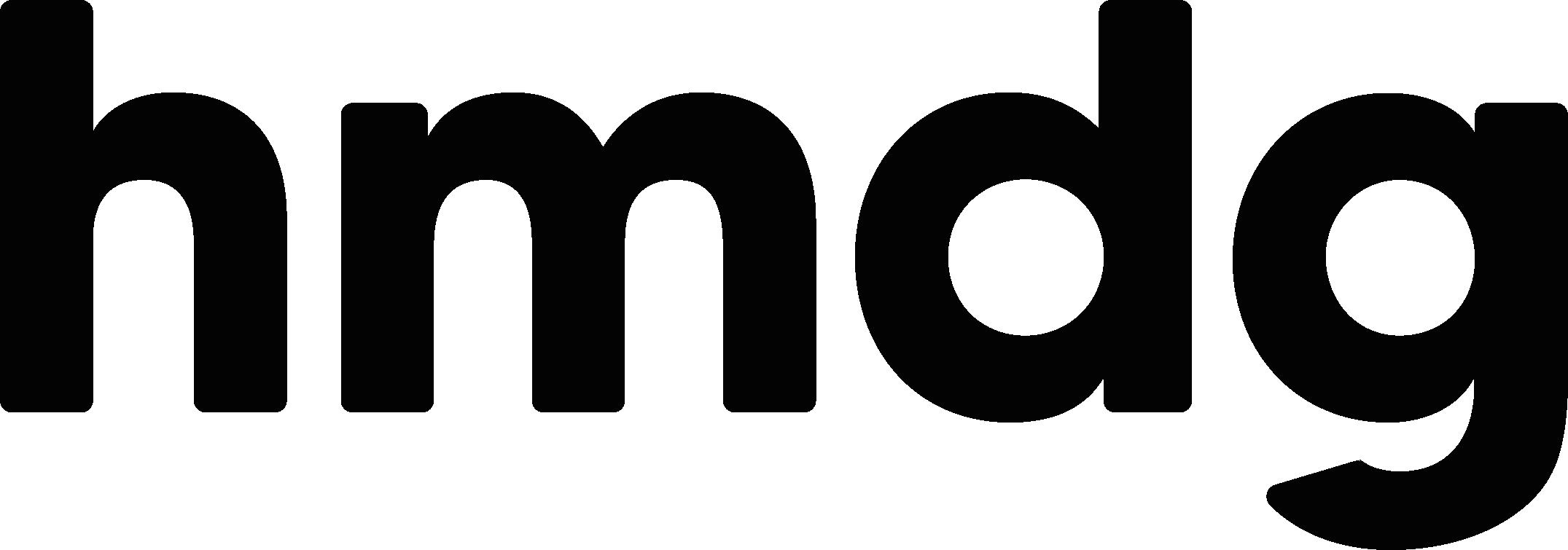At The Nerve Injury Clinic we are constantly looking to enhance our patient service in order to help patients achieve the best possible results they can.
Acupuncture has a place in modern physiotherapy and the AACP (Association of Chartered Physiotherapists) ensure research and evidence based use of this 2000 year old Chinese philosophy.
This ensures high standards of practice and upholds the safe and appropriate use of needles for specific acupuncture points and also dry needling techniques.
What is Acupuncture?
It is the insertion of a very fine sterile stainless steel needle through the skin into underlying soft tissues such as connective fascia and muscle. It is commonly used in conjunction with other therapeutic modalities to treat a wide a wide variety of musculoskeletal and neurological conditions.
What conditions can it be used for?
Most types of pain including upper, mid and lower back pain, post stroke pain, sciatica, ITB syndrome, arthritic/ joint pain, muscular pain, sport injuries. It also helps with tension headache, migraine, loss of range/tight tissues, sensory loss, tendonitis, TMJ, fibromyalgia, recovery after surgery and many more.
Additional benefits can include reductions to some forms of anxiety, stress and insomnia.
How does it work?
Acupuncture uses specific points (also known as meridians) which run through the body to connect bones, nerves and muscles and other key structures to each other.
When a needle is inserted, it stimulates a wide range of different physiological mechanisms in the body which all act to reduce pain and discomfort.
The needling itself increases blood flow and facilitates healing locally to the area inserted. The microtrauma triggers the nervous system to produce it’s own pain killers such as endorphins (a naturally occurring opioid) and enkephalin which block pain nerve fibres from sending pain signals to the brain. This reduces the amount of pain being experienced.
Additionally, it also stimulates other chemicals such as oxytocin and serotonin which are stress-relieving.
Different combinations of points are used like a prescription so the number of needles used can vary. The needles are also frequently used on both sides of the body, not just the side of the pain or issue. This amplifies the pain relief response.
What is Dry Needling and how is this different from Acupuncture?
Dry needling is also known as Myofascial Trigger Point or ‘Knot’ Therapy. This is when needles are used to release muscular ‘knots’, as a massage would, but using the needle means treatment is much more specific at targeting the tissues affected. It can often produce instant and longer lasting improved outcomes compared to massage alone.
Trigger Point Dry Needling does not use any particular points like Acupuncture. The needle is inserted in and around a specific area and slowly moved around the site releasing the muscle fibres and connective tissue at the affected area.
How does it work?
Dry Needling stimulates similar pain-relieving mechanisms as acupuncture and also causes microtrauma.
Additionally, as the needle goes into the trigger point and is moved around it disrupts the taut muscle fibres and can cause a local ‘twitch response’. This is an involuntary spinal reflex which leads to the release and thus lengthening of the tight/tender tissue back to its normal resting state.
What to expect when having either Acupuncture or Dry Needling
Any form of needling can make your symptoms feel worse initially; this usually eases over time. Sometimes treatment can produce immediate relief and for some it can take longer. The needles and the stimulation of them can cause a variety of sensations such as dull aches, tingling, deep heaviness, this is known in Chinese practice as ‘Qi’. You can sometimes feel tired after treatment – this is normal.
Are there any reasons why acupuncture should be used with caution or would not be appropriate treatment to choose?
– If you have a phobia of needles,
– Poorly controlled Epilepsy, unexplained seizures
– Pacemaker other electrical implants
– Bleeding/ clotting disorder
– Poorly controlled diabetes
– Pregnancy/ trying to conceive
– Known metal allergy
– Skin infection, thin fragile skin in the area to be treated
– Blood borne diseases e.g. HIV, Hepatitis
– Uncontrolled blood pressure
– Immunosuppression
– Unstable heart conditions or arrhythmias
– Cold/flu symptoms/generally unwell
– Previous strong reaction to acupuncture
Can I try it?
Acupuncture is a safe and well evidenced tool to therapeutically treat a lot of conditions if practised by an adequately trained professional, such as Katy Herbert at The Nerve Injury Clinic.
If it is something you wish to try, you will undertake a formal objective and subjective assessment with Katy in order to decide if acupuncture is the right option/treatment for you.
We ask all patients to complete a health screen/questionnaire and consent form prior to any needling treatment.
For further information please visit www.aacp.org.uk or contact us
